
Casa Nahuel
The Idea of Casa Nahuel
in 2016, “Fundación Nahuel” embarked on a path towards self-sustainability. This transition, although challenging, marked a significant step towards securing long-term support for our programs. A key milestone in this journey was the acquisition of a 19-hectare sugarcane farm in 2021 “Casa Nahuel”, a strategic move to generate ongoing income to support our initiatives.
As we strive to create lasting impact, we invite you to be part of our mission to empower and uplift youth, ensuring a brighter and more sustainable future for generations to come.
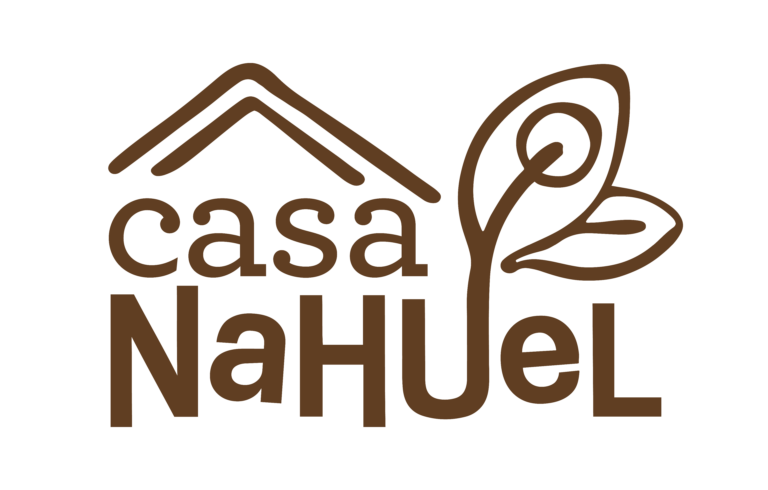
Region of the "Chocó Andino"
Casa Nahuel is a farm of about 19 hectares in the region of Pacto and Gualea, a region northwest of Quito,
108 km from the foundation’s headquarters.
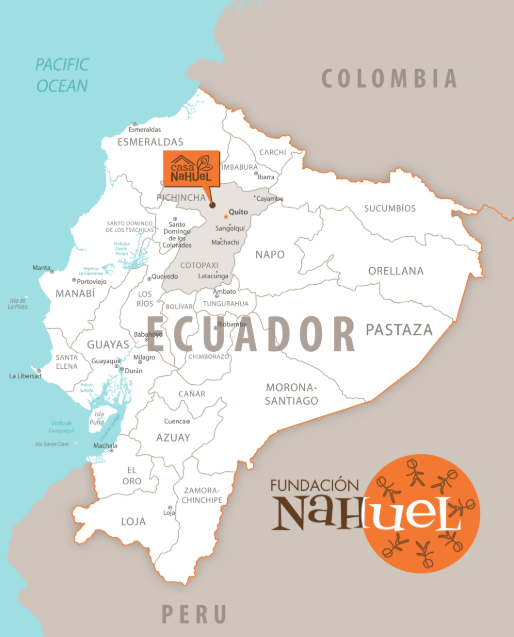
The Farm's Contribution
The farm is intended to generate continuous income to support the foundation and all its health, education and social welfare programs.
Since starting production in 2022, the farm has required significant investments to lay a strong foundation for its operations. These investments will continue over the next 2–3 years as we work towards achieving higher productivity levels.
Our ultimate goal is to cover 100% of the foundation’s administration costs within the next two years.
From that point onward, we aim to use the surplus generated by the farm to directly support our beneficence programs and expand our impact on the communities we serve.
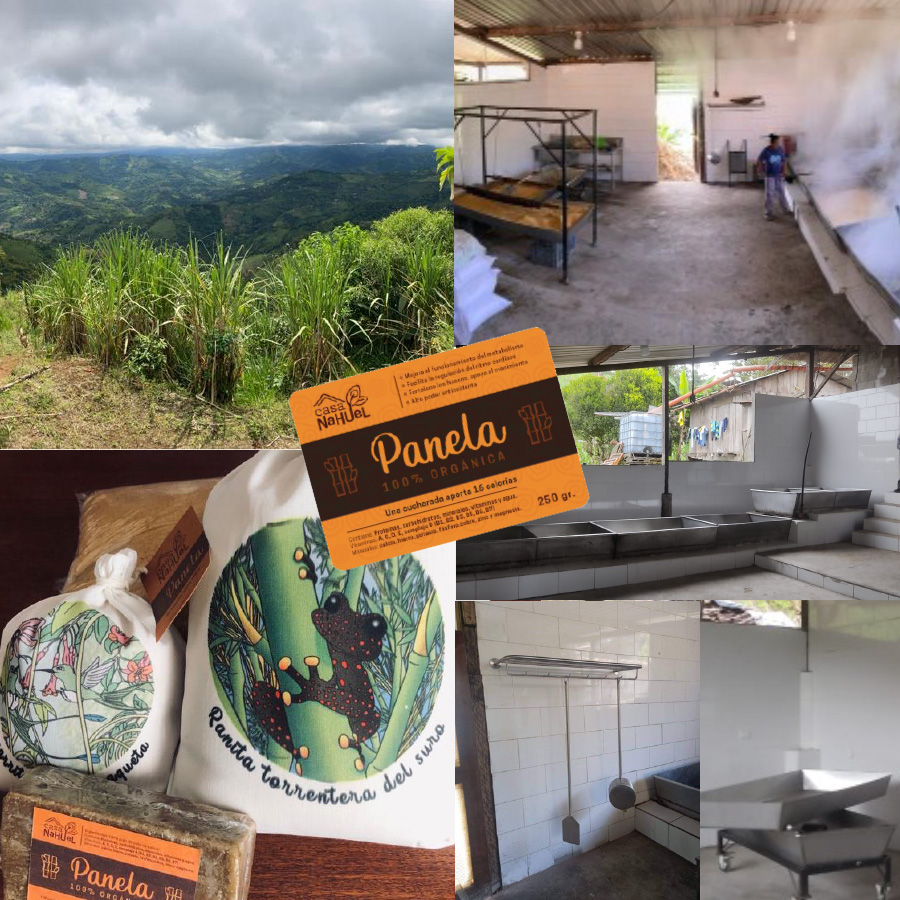
Panela Factory
“Our ‘Panela’ factory produces around 120 quintales every six weeks (1 quintal = 100 kilograms or 10 metric tons in Latin America). We plan to increase production to ensure year-round delivery.”
“Panela” is a traditional product made from raw sugarcane juice. It is unrefined whole cane sugar, usually formed into solid blocks or granules. Panela is widely used in Latin America for sweetening beverages, cooking, and baking. Unlike refined sugar, it retains its natural molasses, giving it a rich, caramel-like flavor and a higher nutrient content. In English, it is often referred to as “jaggery,” “cane sugar,” or “unrefined sugar”, depending on the region.

Huevos Felices (Happy Eggs)
“Our chicken egg production grew significantly from 1,200 to 3,000 eggs per month in 2024. To support this growth, we built new dorms for the chickens during 2023/2024, increasing capacity while ensuring they have free access to pasture. This approach reflects our commitment to ethical and sustainable farming practices. We plan to scale up further in 2025 and continue improving our distribution network to reach more communities with our high-quality eggs.”
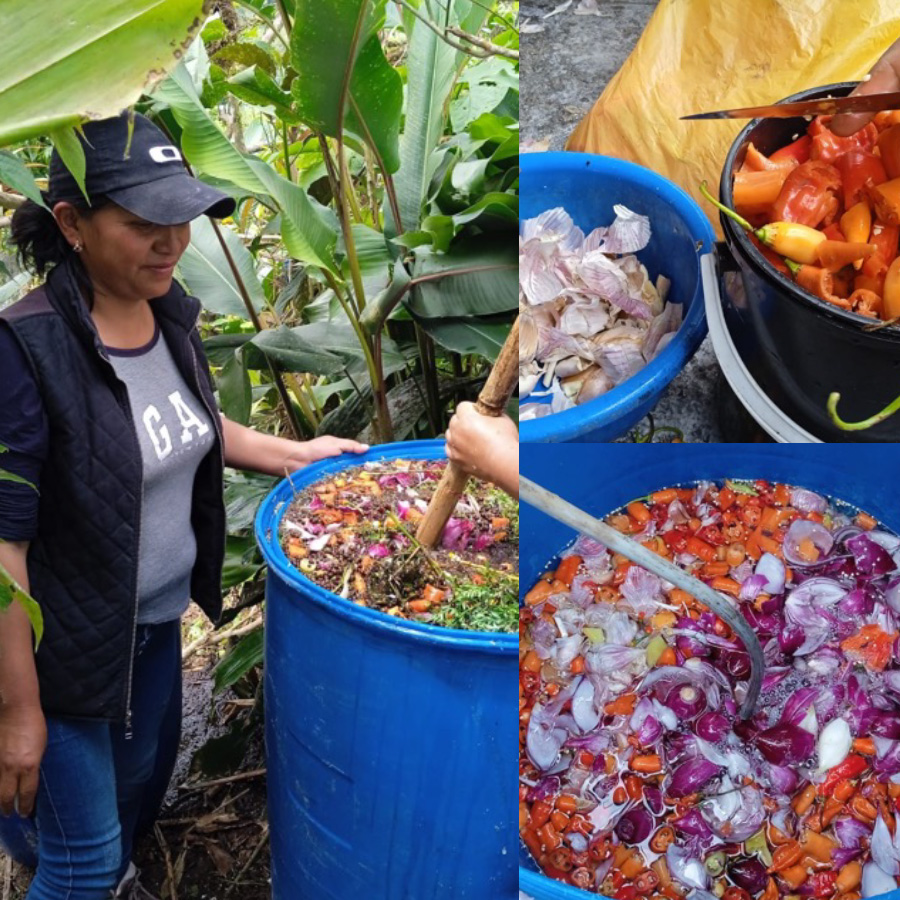
Fertilizer Training
“We conducted training sessions on producing natural fertilizers, empowering our community to reduce reliance on chemical alternatives. This initiative involved members of our neighboring communities, fostering collaboration and shared learning. We also engaged agricultural experts to provide guidance, ensuring that our efforts align with best practices for sustainable farming. By working together, we are building a foundation for more eco-friendly agricultural methods that benefit both the farm and the surrounding environment.”
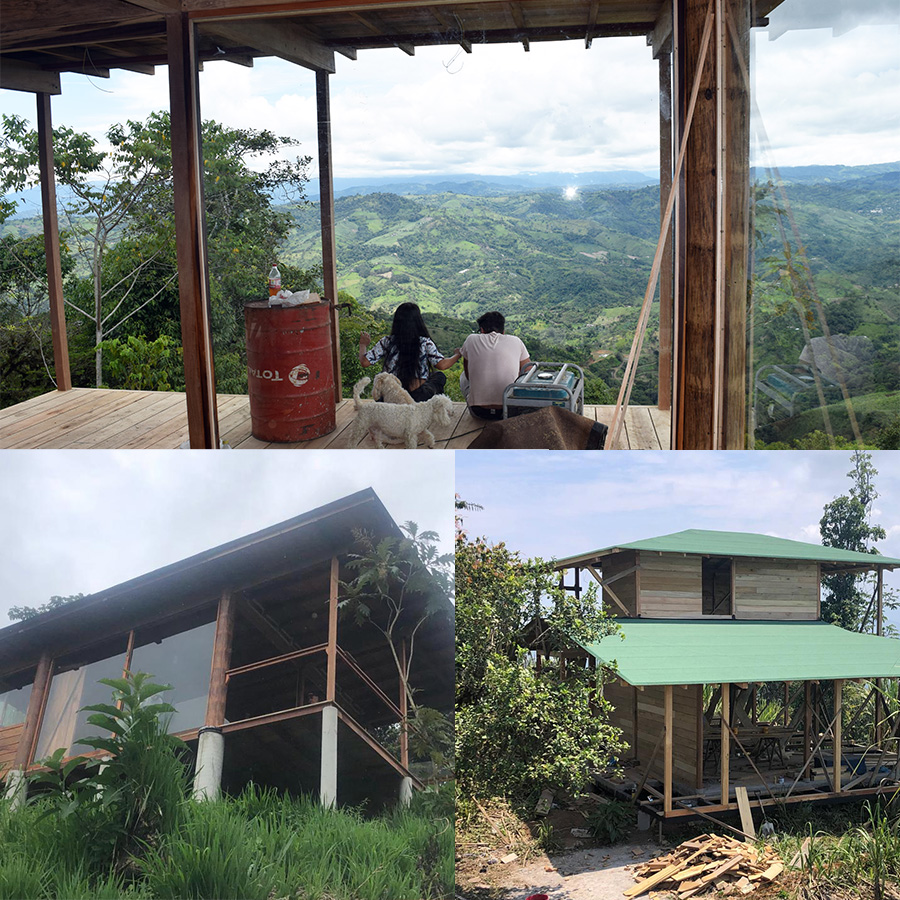
Staff Housing
“We started building small dormitories for our staff and volunteers to address the lack of local housing options. Traveling to the farm is challenging for a day trip, making on-site accommodations essential as we need to work locally, not remotely. This project was generously sponsored by two individuals—our heartfelt thanks for helping make this dream a reality. The construction was carried out by versatile local workers using locally sourced materials, reinforcing our commitment to sustainability and community involvement.”
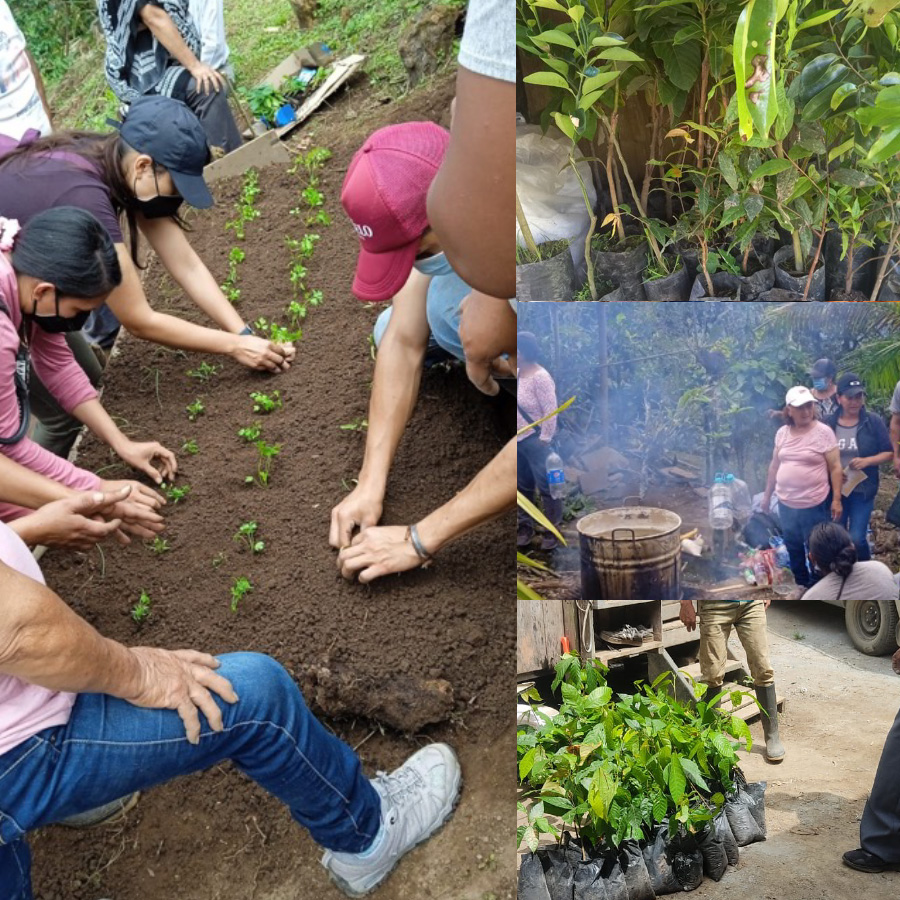
Fruit Trees
“Our farm is home to a variety of fruit trees, and we have begun producing delicious local fruits. While we don’t plan to become a dedicated fruit farm, we are making the most of the remaining available space to diversify our offerings. These fruit trees not only enhance the farm’s productivity but also contribute to our sustainability efforts by utilizing every resource efficiently. This small-scale production helps us supplement our primary activities while promoting ecological balance on the farm.”

Cows and Dairy
“We’ve started small-scale milk production with only a small number of cows, which marks the beginning of our dairy expansion. Beyond milk production, the cattle play an essential role in farm maintenance by grazing and helping to naturally manage and maintain the pastures. This dual-purpose approach supports the overall sustainability and efficiency of our operations while contributing to the long-term health and productivity of the farm.”



